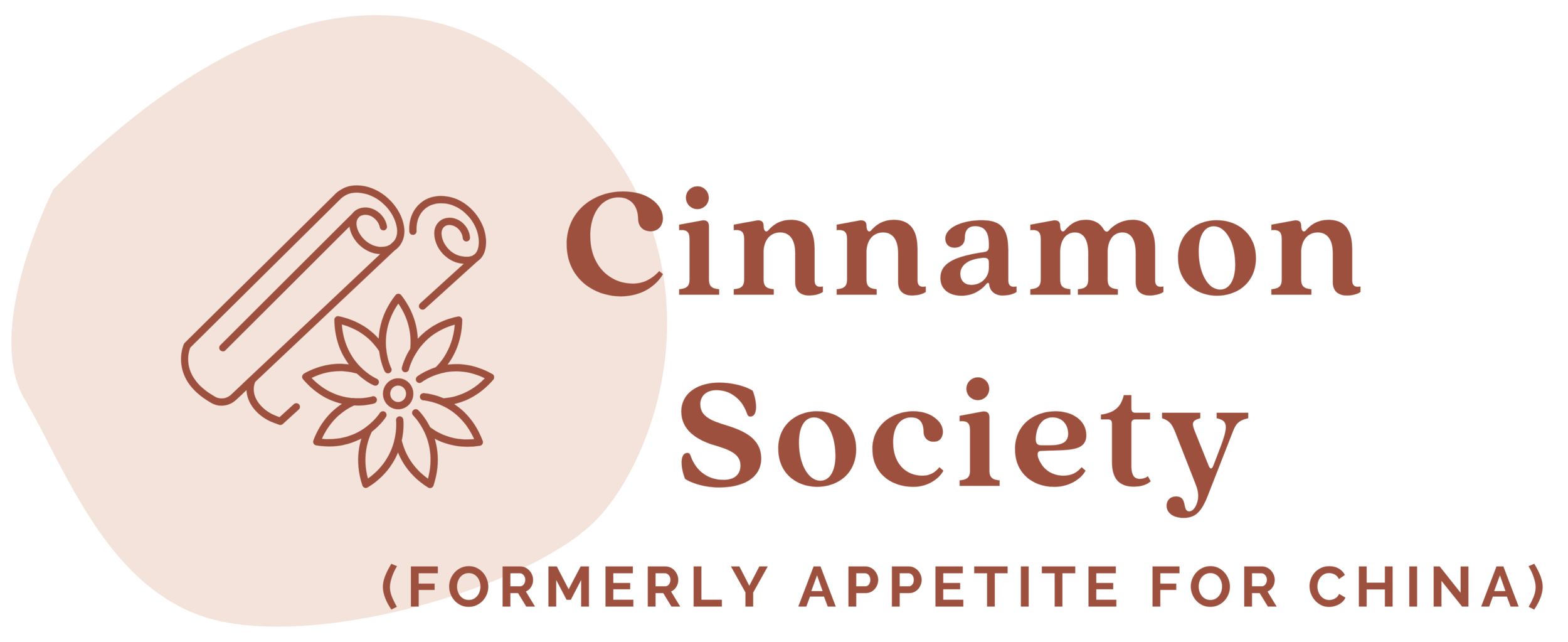Chinese Drinks Chat: Beijing Boyce
 (Jim Boyce with Professor Ma Huiqin at a small local eatery near Yunnan Red Wine Company.)
(Jim Boyce with Professor Ma Huiqin at a small local eatery near Yunnan Red Wine Company.)
If Beijing had an official drink and nightlife critic, Jim Boyce would be it. For the past 3 years he has been tracking Beijing's ever-evolving bar and club scene through his popular Beijing Boyce blog. His other project, Grape Wall of China, is a one-stop resource for wine in China, including winery visits, profiles of wine writers and sommeliers, even accounts of marathon wine tastings. For this week's Appetite for China interview Jim shares his insights on wine tourism, alcohol and Chinese food, and spots to drink and relax in Beijing.
How did you start blogging about the wine industry and nightlife scene in China?
I started a subscribe-only newsletter in 2005 about Beijing bars. It grew quickly, so a year later I launched the nightlife blog beijingboyce.com and then the wine blog grapewallofchina.com. All are nonprofit, with the last being a collective effort with local wine people – wine makers, academics, consumers, and so on - whose voices are rarely heard outside China, a situation I hope to rectify.
What is the most exciting facet about the Chinese food and beverage industry right now?
Choice! Take whiskey in Beijing. When I arrived four years ago, bars with even five single malts were a rarity. Now there are plenty with dozens of selections, including Ichikura, Glen, Promise, Er, Q Bar, Nashville, and Lugar. Or take sparkling wine: gourmet shop Jenny Lou’s now stocks about a hundred different kinds. Whether it is spirits or wines, craft beers or draft beers, our choices are steadily growing in Beijing.
From your blog you seem to always be on the drink prowl. What are your top three bars in Beijing spots in Beijing for atmosphere and drink quality?
I am a fan of earthy spots with a friendly staff and an unpretentious crowd. These days I like Tun, due to its big space, high ceilings, and décor complete with Great Wall of China DJ booth. I also like Salud for its homemade rum, fun crowd, cozy confines, and friendly staff. My third pick would be Ichikura, a cocoon from the bustle of everyday Beijing life, where I can grab one of the twelve seats at the bar and lazily decide which of the hundred single malts to try. I also have a soft spot for the eclectic Cheers – oil paintings, a pool table, cheap Wild Turkey, a diverse crowd, and some of the best Xinjiang music you can get.
Let's talk wine. China is one of the fastest growing consumers of wine. Does that mean the quality of Chinese-made wines is also improving?
The quality of local wine is improving, but at a slow pace. Too many producers try to make dry red Bordeaux-style wines and do it poorly. And they tend to prioritize buying good equipment over growing good grapes. On top of this, some local companies blend in foreign wines, so we don’t always know if the wine is “Chinese.” A lot needs to be done to improve the local wines, though I am optimistic about the potential of Xinjiang, Ningxia, and Gansu in the northwest and about the hybrid grapes being grown in Yunnan. Having said that, the only producer making a good portfolio when I arrived was Grace Vineyard, in Shanxi province, and that is still the case.
For adventurist wine lovers, would you recommend a visit to China's developing wineries? Which are most receptive to travelers hoping to learn more about Chinese wine?
Overnight visits are possible at places such as Grace Vineyard in Shanxi or Bodega Langes in Hebei, as are day trips to spots such as Chateau Bolongbao, just outside of Beijing. Shandong is another option, while Xinjiang might appeal to more adventurous sorts. My favorite visit was to Yunnan Red Wine Company, two hours outside Kunming, which has overnight facilities. Some of the grapes they are using were brought by missionaries in the 19th century, the local food is good, and the surroundings are gorgeous. True, it's a bit off the beaten path, but if you like to travel and you like wine, it’s a good option.
Most people seem to fall into one of two categories - those who will try to pair wine with their Chinese food, and those who think Chinese food should only be eaten with beer, rice alcohol, or Coke. Which school of thought do you adhere to, and why?
I adhere to the “drink what you like” school. Wine and Chinese food pairings are the rage, but at the end of the day it is more important to pick a wine you like and a food you like, even if it might clash in the eyes of some professionals. You can spend your life reading books, articles, and blog posts about food and wine pairing, and as a result let the advice override your own unique preferences, but the best solution is the “school of hard knocks” where you try, try, and try some more. And if you don’t want to try, go for sparkling wine.
